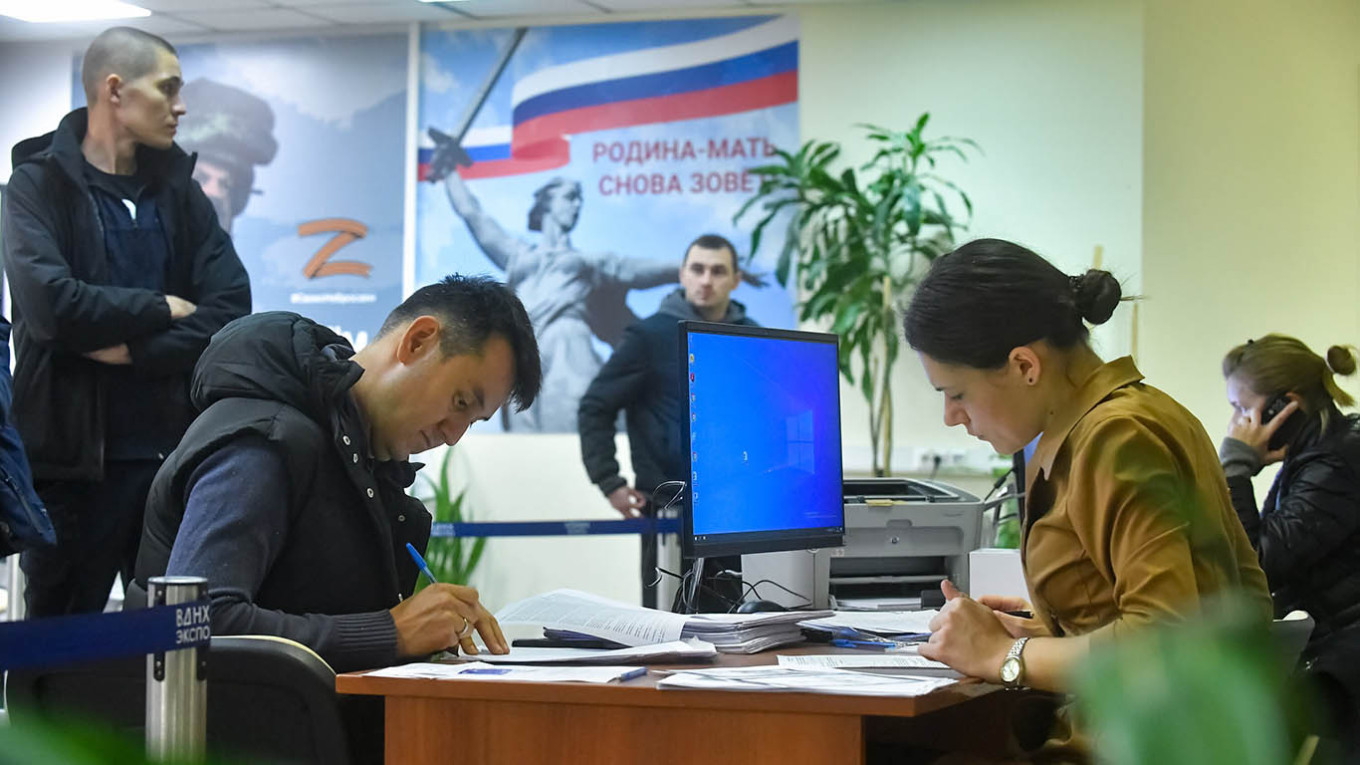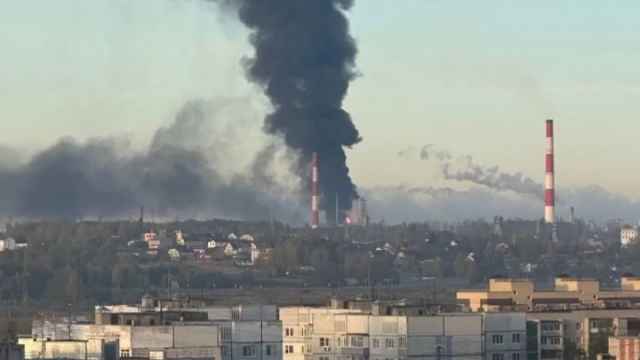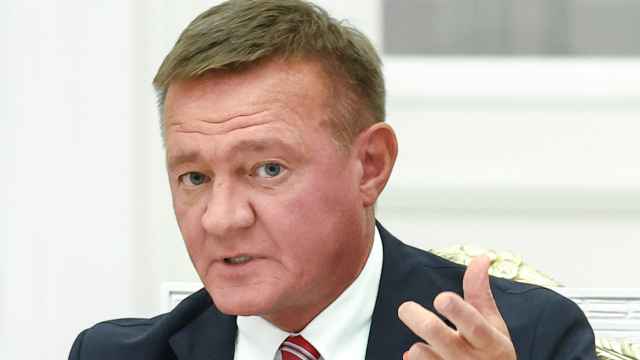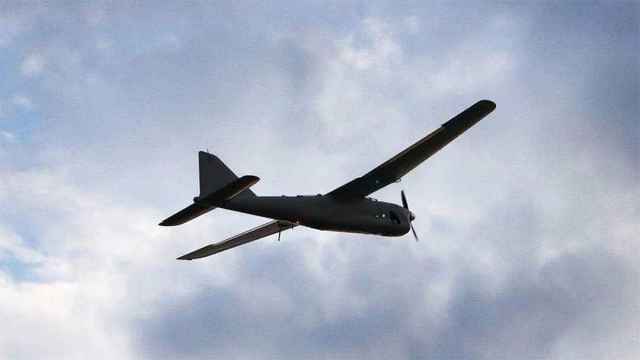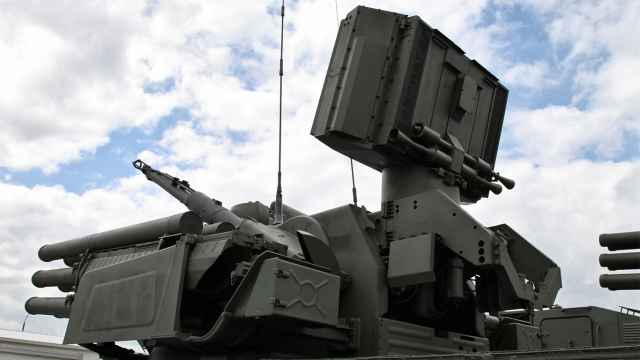Authorities in at least 15 Russian regions are recruiting residents into a new mobilization reserve to guard strategic infrastructure, including oil refineries targeted by Ukrainian drones, the exiled news outlet Vyorstka reported after reviewing government recruitment posts on VKontakte.
Announcements seeking reservists have appeared on the pages of local officials, municipal administrations and major enterprises in regions such as Bryansk, Kaliningrad, Leningrad, Nizhny Novgorod, Rostov, Tambov, Tula and Yaroslavl, as well as in the republic of Bashkortostan and the Perm and Krasnoyarsk regions, among others.
The campaign follows the recent adoption of a law allowing reservists to be deployed to protect facilities on Russian territory.
According to Vyorstka, the postings stress that reservists will not be sent to fight in Ukraine but will remain in their home regions to guard energy infrastructure and intercept drones.
In the border region of Bryansk, volunteers are also expected to “counter enemy sabotage groups,” help evacuate civilians and “maintain counterterrorism regimes,” according to one post shared by a local vocational college.
Bryansk authorities are offering monthly payments of 40,000 to 100,000 rubles ($440-$1,100) depending on rank, along with one-time bonuses of up to 300,000 rubles ($3,300).
In regions farther from the front line, payments are considerably lower: volunteers in Tula and Bashkortostan are promised 2,000-10,000 rubles per month, plus bonuses for downed drones; in Perm, 4,000-7,000 rubles; and in Kaliningrad, up to 6,300 rubles.
Some regions will also compensate reservists for attending training camps.
Authorities in Yaroslavl are offering 21,000-57,000 rubles per session, while soldiers in Tula could earn up to 111,000 rubles and officers up to 150,000 rubles.
In the port town of Ust-Luga near St. Petersburg, volunteers will work two-month shifts guarding facilities followed by two months off, with monthly earnings of 15,000-30,000 rubles.
Several posts advertise free “balanced meals” during training and weekend recreational activities, while others highlight free medical care and medication as additional benefits.
Officials in some regions have also been holding in-person meetings to recruit potential reservists.
Employment center staff in Krasnoyarsk and Yaroslavl have briefed job seekers on “the advantages of contract service” and participation in the mobilization reserve, Vyorstka said.
A source in the military commissariat told Vyorstka that the Kremlin is expected to issue directives specifying the number of reservists each region must recruit.
President Vladimir Putin signed a law on Tuesday authorizing the use of reservists to ensure security within Russia. The legislation, fast-tracked through parliament in three readings, allows for “special training deployments to protect critical and other life-support facilities.”
The General Staff has said that reservists will not be sent to fight in Ukraine.
A Message from The Moscow Times:
Dear readers,
We are facing unprecedented challenges. Russia's Prosecutor General's Office has designated The Moscow Times as an "undesirable" organization, criminalizing our work and putting our staff at risk of prosecution. This follows our earlier unjust labeling as a "foreign agent."
These actions are direct attempts to silence independent journalism in Russia. The authorities claim our work "discredits the decisions of the Russian leadership." We see things differently: we strive to provide accurate, unbiased reporting on Russia.
We, the journalists of The Moscow Times, refuse to be silenced. But to continue our work, we need your help.
Your support, no matter how small, makes a world of difference. If you can, please support us monthly starting from just $2. It's quick to set up, and every contribution makes a significant impact.
By supporting The Moscow Times, you're defending open, independent journalism in the face of repression. Thank you for standing with us.
Remind me later.


